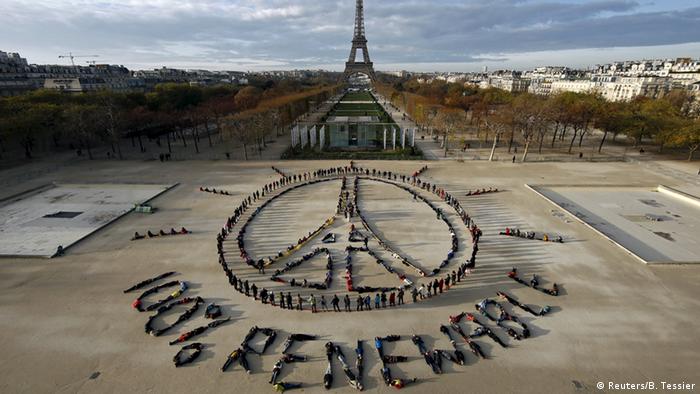You’ve probably heard that Bernie Sanders has the most impressive climate agenda of any major-party presidential candidate in history. His proposals may be politically unrealistic, but they are bold. If Sanders were president and he had a pliant Congress, his carbon tax and investments in renewables would radically overhaul our energy system for the better. (…)
Some other green groups take a more nuanced approach. NRDC, for example, supports relicensing plants in situations where it’s safer and the plants can’t yet be replaced by renewable energy, and it calls for rejecting those — such as Indian Point in Westchester, N.Y. — that are uniquely dangerous.
Alexander Ochs, senior director of climate and energy at the Worldwatch Institute, says we should put a moratorium on new nuclear plant construction and subject existing plants to “the closest safety scrutiny.” In the end, while these policy positions are based on a different analysis than Sanders’, they differ from his in degree more than in kind: they would hasten the natural death of nuclear energy, only more slowly than Sanders would, in the interest of limiting short-term emissions. (…)
Read full article [here].
![]()









 Welcome to the first edition of CONNECTED – a newsletter discussing climate and energy from a transatlantic perspective. With CONNECTED, partners adelphi and Worldwatch, headquartered in Berlin and Washington DC, will support the Transatlantic Climate Bridge, an initiative that since its inception in 2008 has promoted numerous activities by public authorities, the private sector, civil society, and academia in order to strengthen climate protection and energy security. CONNECTED aims to showcase and review policy and research initiatives that are aimed at low-emissions development. Opinion pieces, interviews, as well as reports on studies, dialogues and conferences will provide a regular update on the progress made toward building climate-compatible economies in Europe, the United States and beyond.
Welcome to the first edition of CONNECTED – a newsletter discussing climate and energy from a transatlantic perspective. With CONNECTED, partners adelphi and Worldwatch, headquartered in Berlin and Washington DC, will support the Transatlantic Climate Bridge, an initiative that since its inception in 2008 has promoted numerous activities by public authorities, the private sector, civil society, and academia in order to strengthen climate protection and energy security. CONNECTED aims to showcase and review policy and research initiatives that are aimed at low-emissions development. Opinion pieces, interviews, as well as reports on studies, dialogues and conferences will provide a regular update on the progress made toward building climate-compatible economies in Europe, the United States and beyond.






 Lange Zeit sah es so aus, als ob die Klima-Karawane aus Regierungsdelegationen, Interessenvertretern und Umweltschützern nur auf der Stelle tritt. Beim letzten großen Zusammenkommen auf höchster Ebene im vergangenen Dezember wie auch bei den unzähligen Vorbereitungstreffen ging es so zaghaft voran, dass viele den UN-Klimagipfel schon abgeschrieben hatten.
Lange Zeit sah es so aus, als ob die Klima-Karawane aus Regierungsdelegationen, Interessenvertretern und Umweltschützern nur auf der Stelle tritt. Beim letzten großen Zusammenkommen auf höchster Ebene im vergangenen Dezember wie auch bei den unzähligen Vorbereitungstreffen ging es so zaghaft voran, dass viele den UN-Klimagipfel schon abgeschrieben hatten. From November 9 to 11, around 25 German and U.S. journalists and climate policy experts met at the Aspen Wye Conference Center on the Chesapeake Bay in Maryland to discuss the climate policy in Europe and the U.S. in view of the upcoming Copenhagen climate summit. The event was part of the Transatlantic Climate Bridge, and it not only aimed at providing journalists with the latest facts and figures on the summit but gave the participants the opportunity to exchange their views on the public debate in their respective countries, the status quo of the legislative process in Germany and the U.S., and the impact of climate change and respective policies on the economy and the international security, among others.
From November 9 to 11, around 25 German and U.S. journalists and climate policy experts met at the Aspen Wye Conference Center on the Chesapeake Bay in Maryland to discuss the climate policy in Europe and the U.S. in view of the upcoming Copenhagen climate summit. The event was part of the Transatlantic Climate Bridge, and it not only aimed at providing journalists with the latest facts and figures on the summit but gave the participants the opportunity to exchange their views on the public debate in their respective countries, the status quo of the legislative process in Germany and the U.S., and the impact of climate change and respective policies on the economy and the international security, among others.